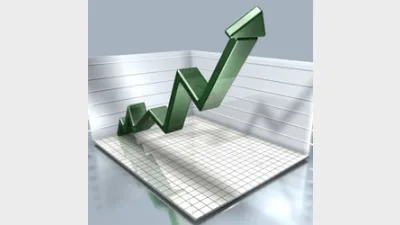Global pension assets-to-GDP ratio reaches pre-GFC levels



The ratio of global pension assets relative to gross domestic product (GDP) is now just below the level reached in 2007, according to Towers Watson's latest global Pension Asset Study.
Global pension assets were 78 per cent of global GDP, the study said, higher than the 72 per cent reported in 2011 and the 61 per cent in 2008.
Australia joined a small cohort of countries where the ratio of pension assets to GDP was higher than 100 per cent, with figures rising from 96 per cent of superannuation assets in 2011 to 101 per cent in 2012.
This country now has the world's fourth largest pensions pool with assets totalling US$1.6 trillion.
The study said growth in assets had helped to strengthen pension funds' balance sheets over the past year.
Global institutional pension fund assets grew by 9 per cent to $US30 trillion during 2012 and have grown at over 7 per cent per annum (in $US) since 2002 - more than doubling.
Australia's funds experienced high returns in equities and continue to have the highest allocation in the world at 54 per cent. Despite close to double-digit returns in bonds, Australia has the lowest allocation at 15 per cent.
The study found Australia was second only to the United States in its home-country equity bias.
Australia also topped the list as the country with the highest proportion of defined contribution (DC) assets relative to defined benefit (DB) at 81 per cent, followed by the US with 58 per cent.
Australia was also a front runner in allocating to alternatives, with its 23 per cent allocation equalling Canada's and behind Switzerland at 30 per cent.
Towers Watson said there was a trend towards DC globally.
Originally published on Money Management.
Recommended for you
Ethical super fund Australian Ethical has announced the appointment of Anthony Lane as chief operating officer.
The structural shift towards active ETFs will reshape the asset management industry, according to McKinsey, and financial advisers will be a key group for managers to focus their distribution.
ASIC has warned that practices across the $200 billion private credit market are inconsistent and, in some cases, require serious improvement.
A surge in electricity prices has driven the monthly Consumer Price Index to its highest level in a year, exceeding forecasts.










